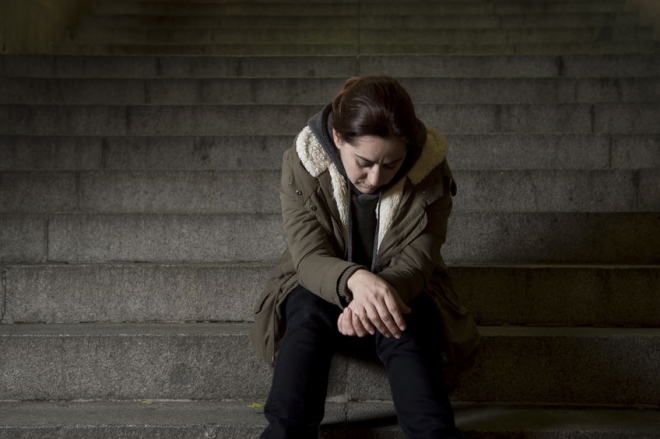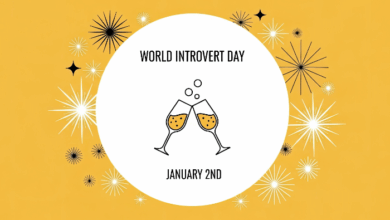How to Love a Former Abuse Victim
On your romantic journey, or maybe in your own family, there’s a chance of learning a loved one has an abusive background or past. While abuse victims are capable of having loving relationships, they do have unique issues that may pose a challenge to their partners or family.
It can be tricky to navigate this issue, and as someone with little experience, you might not know where to start. Luckily, you aren’t alone.
Dealing with past abuse is an individual as well as a group effort. You and the victim will probably need to see a counselor and be willing to talk through and discuss some painful issues. This takes time, sometimes even lifetimes to fully understand and heal. These are some basics to keep in mind as you go through your journey together.
Be Accepting
Accept the person for who they are, not who they could or should be. An abuse victim is on a personal journey out of their past and doesn’t require fixing or changing.
Attempting to do so will only create more stress that will add to the victim’s emotional load and could possibly block their recovery progress. They probably already place a lot of expectations on themselves.
Be accepting and remind them you are committed to loving and accepting them just as they are.
Understand Triggers
Many abuse victims have triggers that cause them to become agitated or to withdraw. Learning to avoid and recognize them will allow trust to build.
Conversations should be held with a calm voice., The person should be touched with love and consideration of their boundaries.
Make sure they are comfortable telling you about their triggers and boundaries. You shouldn’t ever assume what they might be.
Always talk through these issues when possible, and if it’s not, give them time.
Your loved one will eventually come to you when they are ready to discuss what may be painful or harmful to them. A counselor can help suggests ways to deal with triggers and counter them with positive reinforcement, or a good habit or thought.
Avoid Blame
An abuse victim should never be blamed or shamed about what took place in their past. The individual needs understanding and compassion.
If a heated conversation takes place, there should be a cooling-off period to allow the person to process what happened. Active listening and positive feedback is the best approach.
According to an attorney for assault crimes, abused people often just need to feel heard. Be patient.
These discussions can often be hard to get through and can be hard on listeners. Allow them to talk and voice concerns before you do.
Be Patient
When someone is abused, they learn various responses to protect themselves. When feeling threatened, the individual may push away or shut down.
This programming may take years to go away, and it may never completely resolve. Family or romantic partners should provide a feeling of emotional safety and never take distancing personally.
This is especially true of someone who has left an abusive marriage.
Heal Issues
Being around an abuse victim can bring out jealousies and insecurities that may hinder the relationship. Their partner should work through any existing negative issues to make sure they do not surface inappropriately and cause harm.
Consulting with a counselor that specializes in abuse can be helpful for both parties. Loving an abuse victim is a large undertaking that requires a great deal of patience and compassion.
While it may require hard emotional work, the reward is worth it. Following the tips above, along with learning how the individual needs to be loved, will ensure a respectful and productive relationship.
If you’re in an abusive relationship, make a plan to get support, get knowledgeable and get strong. It’s what you will have to do to either stop the abuse or get out.
Copyright: ocusfocus / 123RF Stock Photo






